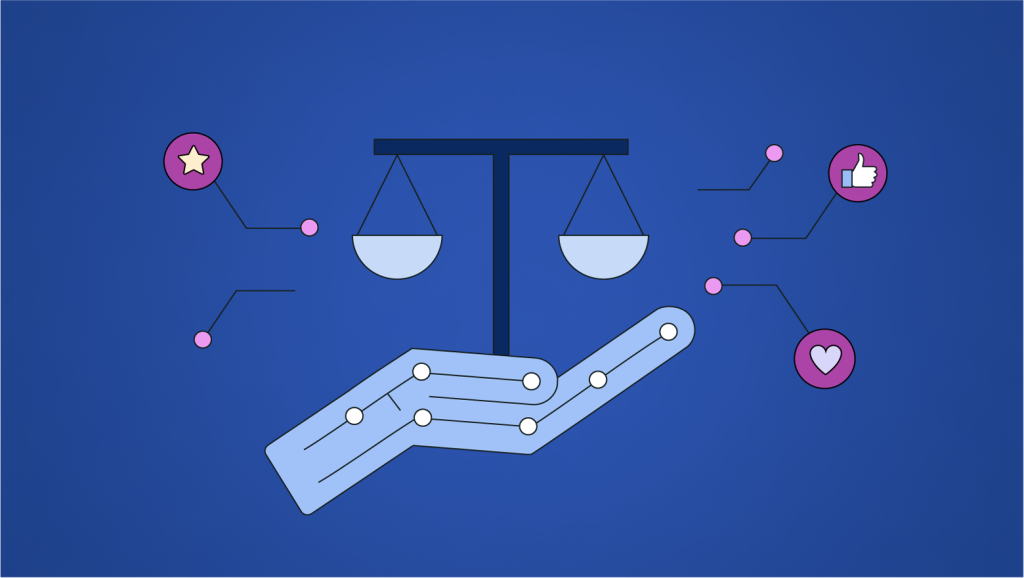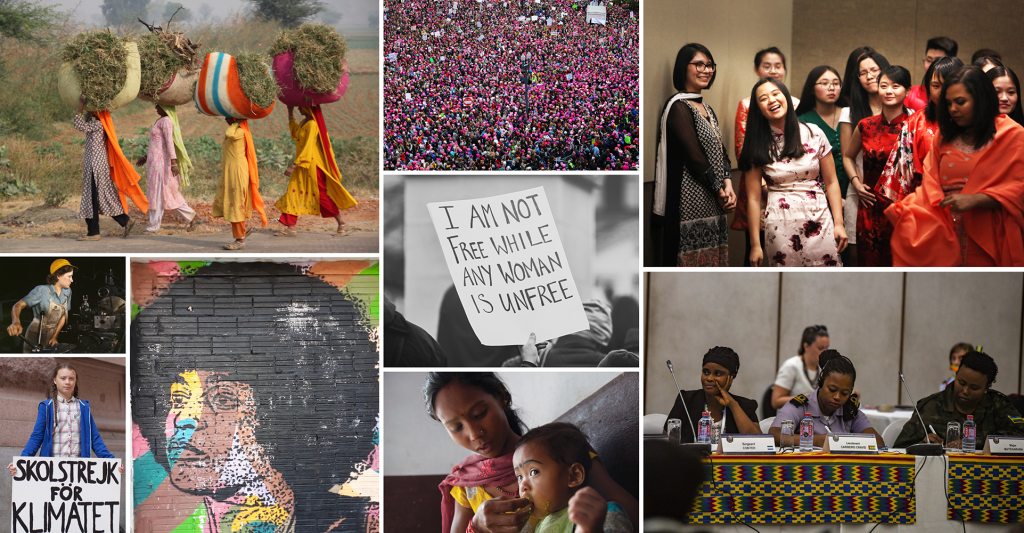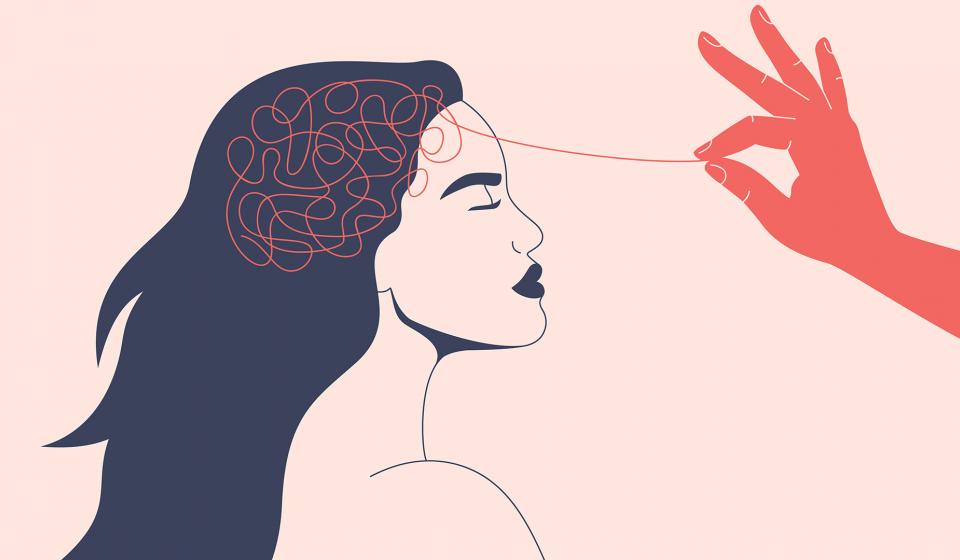Mental Health and Social Media: Exploring the Impact of Screen Time on Well-Being.

Introduction
In the digital age, social media has become a double-edged sword, offering connectivity and convenience while simultaneously affecting mental health. From increased screen time to the pressures of online validation, the interplay between social media and mental well-being is complex. This article explores the hidden link between screen time and mental health, shedding light on its impact and offering strategies for healthier online habits.
The Allure of Social Media
Social media platforms are designed to capture attention, offering instant gratification through likes, comments, and shares. The accessibility and endless scrolling create a cycle of engagement that can be difficult to break. While these platforms connect individuals, they also contribute to stress, anxiety, and reduced self-esteem.
The Mental Health Impacts of Social Media
1. Anxiety and Depression
- Excessive use of social media can lead to feelings of inadequacy, loneliness, and heightened anxiety.
- Studies show a strong correlation between heavy screen time and increased rates of depression, particularly among teenagers.
2. Sleep Disturbances
- Blue light from screens disrupts the body’s natural sleep cycle, leading to insomnia and poor-quality sleep.
- Late-night scrolling often exacerbates stress and hampers mental restoration.
3. Social Comparison
- Curated content on platforms like Instagram fosters unrealistic expectations about lifestyle, beauty, and success.
- Constant comparisons can erode self-esteem and create feelings of inadequacy.
4. Cyberbullying
- Online harassment has serious psychological effects, including anxiety, depression, and suicidal thoughts.
- Anonymity on platforms often emboldens harmful behaviors.
5. Addiction and FOMO (Fear of Missing Out)
- Notifications and updates trigger dopamine release, creating dependency on social media.
- Fear of missing out leads to compulsive checking, increasing stress levels.
Positive Aspects of Social Media
It’s important to acknowledge that social media isn’t inherently harmful. When used mindfully, it can:
- Foster Connections: Keep people connected with loved ones, especially during crises.
- Promote Mental Health Awareness: Provide platforms for advocacy, sharing resources, and reducing stigma.
- Offer Community Support: Help individuals find like-minded communities for support and encouragement.
Striking a Balance: Healthy Social Media Habits
1. Monitor Screen Time
- Use apps to track screen time and set limits to avoid excessive usage.
- Schedule “screen-free” hours during the day.
2. Curate Your Feed
- Follow accounts that promote positivity and unfollow those that trigger negative emotions.
- Engage with content that aligns with personal values and interests.
3. Practice Mindfulness
- Avoid multitasking with social media while working or studying.
- Reflect on the purpose of social media usage—entertainment, connection, or learning.
4. Prioritize Offline Activities
- Engage in hobbies, exercise, and face-to-face interactions to reduce reliance on digital platforms.
- Establish tech-free zones at home, such as the bedroom or dining area.
5. Seek Professional Help When Needed
- If social media use significantly impacts mental health, consulting a therapist or counselor can provide valuable coping strategies.
Challenges in Addressing the Issue
- Algorithmic Influence: Platforms are designed to maximize engagement, often prioritizing addictive features.
- Cultural Norms: Social media is deeply ingrained in daily life, making abstinence or reduction challenging.
- Awareness Gaps: Many users, especially younger ones, remain unaware of the psychological effects of their habits.
Legacy and Long-Term Implications
The pervasive use of social media is shaping a generation’s mental health and interpersonal dynamics. While it offers unparalleled connectivity, its long-term effects on well-being are still unfolding. Striking a balance between online and offline worlds is essential for mental and emotional resilience.
Lessons and the Way Forward
- Education on Digital Well-Being: Schools and workplaces should incorporate training on responsible social media use.
- Platform Accountability: Social media companies must prioritize user mental health through ethical design practices.
- Community Support: Collective efforts to destigmatize mental health issues related to social media are crucial.
- Self-Awareness: Individuals must take ownership of their habits and seek to create healthier relationships with technology.
Conclusion
The link between social media and mental health underscores the importance of mindful usage. By understanding its impact and adopting healthier habits, individuals can harness the benefits of social media while safeguarding their well-being. In a world increasingly dominated by screens, prioritizing mental health is more critical than ever.










